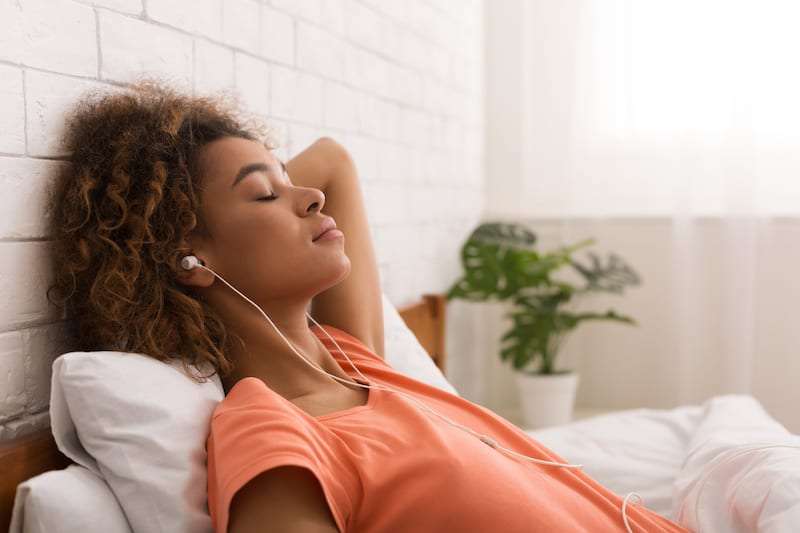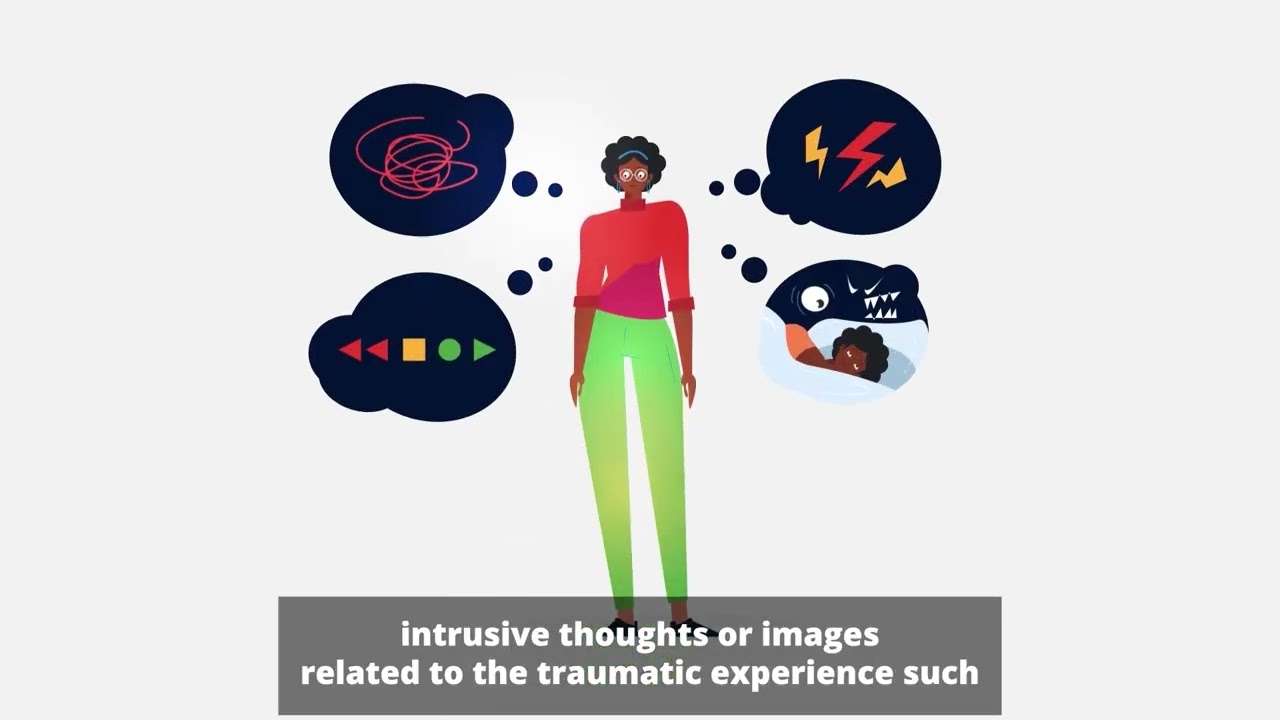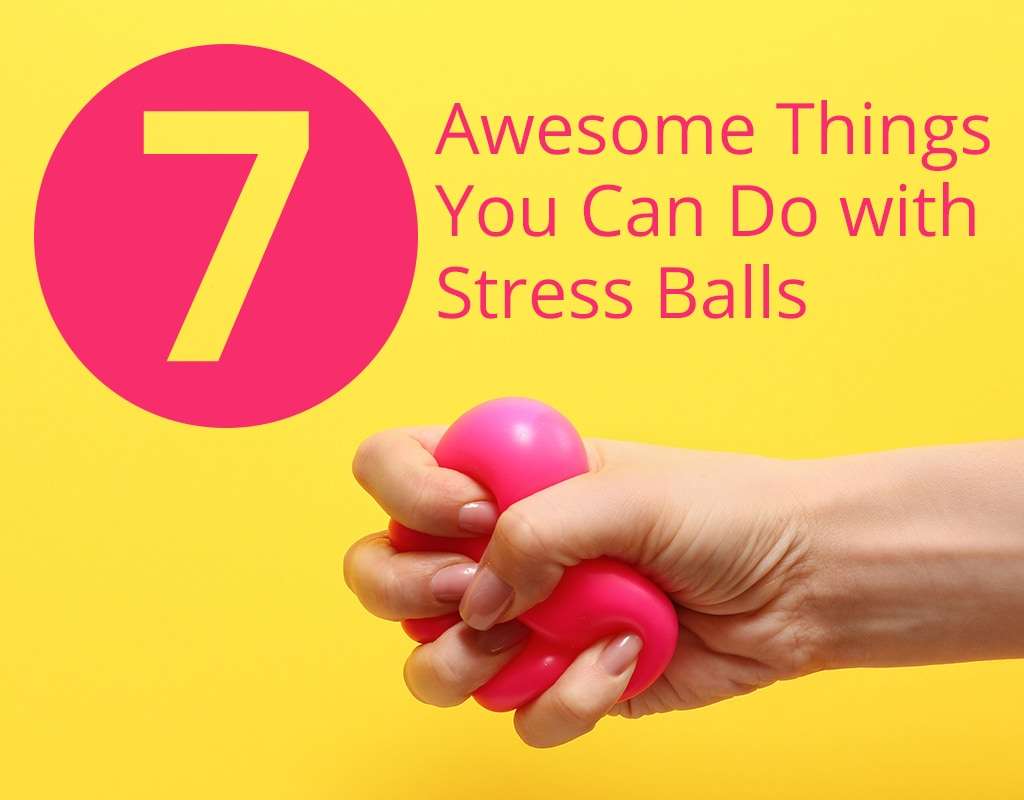Music and Sleep 
Rob Newsom, Staff Writer

Read Full Bio
Want to read more about all our experts in the field?
Learn About The Editorial Team 
Dr. Anis Rehman, Endocrinologist

Read Full Bio
Want to read more about all our experts in the field?
Learn About The Editorial Team
Fact Checked
Learn More
Sleep Foundation
Fact-Checking: Our Process
At Sleep Foundation, we personally test every product featured in our reviews and guides. This hands-on approach allows us to provide accurate, data-driven recommendations for mattresses, pillows, sheets, and other sleep essentials.
Guidelines for our testing methodology are as follows:
-
We only cite reputable sources when researching our guides and articles. These include peer-reviewed journals, government reports, academic and medical associations, and interviews with credentialed medical experts and practitioners.
-
All scientific data and information must be backed up by at least one reputable source. Each guide and article includes a comprehensive bibliography with full citations and links to the original sources.
-
Some guides and articles feature links to other relevant Sleep Foundation pages. These internal links are intended to improve ease of navigation across the site, and are never used as original sources for scientific data or information.
-
A member of our medical expert team provides a final review of the content and sources cited for every guide, article, and product review concerning medical- and health-related topics. Inaccurate or unverifiable information will be removed prior to publication.
-
Plagiarism is never tolerated. Writers and editors caught stealing content or improperly citing sources are immediately terminated, and we will work to rectify the situation with the original publisher(s)
-
Although Sleep Foundation maintains affiliate partnerships with brands and e-commerce portals, these relationships never have any bearing on our product reviews or recommendations. Read our full Advertising Disclosure for more information.
Our team of writers, editors, and medical experts rigorously evaluates each article to ensure the information is accurate and exclusively cites reputable sources.
We regularly assess how the content in this article aligns with current scientific literature and expert recommendations in order to provide the most up-to-date research.
Music is a powerful art form. While it may get more credit for inspiring people to dance, it also offers a simple way to improve sleep hygiene, improving your ability to fall asleep quickly and feel more rested.
Music can aid sleep by helping you feel relaxed and at ease. With streaming apps and portable speakers, it’s easier than ever to take advantage of the power of music wherever you go. Given music’s accessibility and potential sleep benefits, it might be a good time to try adding it to your nightly routine.
Can Music Help You Fall Asleep?
Parents know from experience that lullabies and gentle rhythms can help babies to fall asleep. Science supports this common observation, showing that children of all ages, from premature infants to elementary school children Trusted Source Oxford Academic Journals (OUP) OUP publishes the highest quality journals and delivers this research to the widest possible audience. See Full Reference , sleep better after listening to soothing melodies.
Fortunately, children aren’t the only ones who can benefit from lullabies before bedtime. People across age groups report better sleep quality after listening to calming music.
In one study, adults who listened to 45 minutes of music before going to sleep reported having better sleep quality beginning on the very first night Trusted Source Wiley Online Library Wiley Online Library is one of the largest and most authoritative collections of electronic journals published by Wiley, as well as a vast and growing collection of reference works and other books. See Full Reference . Even more encouraging is that this benefit appears to have a cumulative effect with study participants reporting better sleep the more often they incorporated music into their nightly routine.
Using music can also decrease the time it takes to fall asleep. In a study of women with symptoms of insomnia, participants played a self-selected album when getting into bed for 10 consecutive nights Trusted Source Taylor &Francis Online See Full Reference . Before adding music to their evening routine it took participants from 27 to 69 minutes to fall asleep, after adding music it only took 6 to 13 minutes.
In addition to facilitating quickly falling asleep and improving sleep quality, playing music before bed can improve sleep efficiency, which means more time that you are in bed is actually spent sleeping. Improved sleep efficiency equals more consistent rest and less waking up during the night.
Why Does Music Affect Sleep?
The ability to hear music depends on a series of steps that convert sound waves coming into the ear into electrical signals in the brain Trusted Source National Institutes of Health (NIH) The NIH, a part of the U.S. Department of Health and Human Services, is the nation’s medical research agency — making important discoveries that improve health and save lives. See Full Reference . As the brain interprets these sounds, a cascade of physical effects are triggered within the body. Many of these effects either directly promote sleep or reduce issues that interfere with sleep.
Several studies suggest that music enhances sleep because of its effects on the regulation of hormones, including the stress hormone cortisol. Being stressed and having elevated levels of cortisol can increase alertness and lead to poor sleep. Listening to music decreases levels of cortisol Trusted Source National Library of Medicine, Biotech Information The National Center for Biotechnology Information advances science and health by providing access to biomedical and genomic information. See Full Reference , which may explain why it helps put people at ease and release stress.
Music triggers the release of dopamine, a hormone released during pleasurable activities, like eating, exercise, and sex. This release can boost good feelings at bedtime and address pain, another common cause of sleep issues. Physical and psychological responses to music are effective in reducing both acute and chronic physical pain Trusted Source National Library of Medicine, Biotech Information The National Center for Biotechnology Information advances science and health by providing access to biomedical and genomic information. See Full Reference .
Listening to music can also contribute to relaxation by soothing the autonomic nervous system. The autonomic nervous system is part of your body’s natural system for controlling automatic or unconscious processes, including those within the heart, lungs, and digestive system Trusted Source Merck Manual First published in 1899 as a small reference book for physicians and pharmacists, the Manual grew in size and scope to become one of the most widely used comprehensive medical resources for professionals and consumers. See Full Reference . Music improves sleep through calming parts of the autonomic nervous system, leading to slower breathing, lower heart rate, and reduced blood pressure.
Many people with poor sleep associate their bedrooms with frustration and sleepless nights. Music can counteract this, distracting from troubling or anxious thoughts Trusted Source SpringerLink SpringerLink provides researchers with access to millions of scientific documents from journals, books, series, protocols, reference works, and proceedings. See Full Reference and encouraging the physical and mental relaxation needed to fall asleep.
Night-time noise, whether it’s from roads, airplanes, or noisy neighbors, can decrease sleep efficiency and is linked to several adverse health consequences Trusted Source National Library of Medicine, Biotech Information The National Center for Biotechnology Information advances science and health by providing access to biomedical and genomic information. See Full Reference including cardiovascular disease. Music can help to drown out these environmental noises and increase sleep efficiency.
What Kind of Music Is Best For Sleep?
It’s natural to wonder about the best type of music for sleep. Research studies have looked at diverse genres and playlists and there isn’t a clear consensus about the optimal music for sleep. What we do know is that studies have typically used either a self-curated playlist or one that has been designed specifically with sleep in mind.
One of the most significant factors in how music affects a person’s body is their own musical preferences. Effective custom playlists may include songs that have been relaxing or that have helped with sleep in the past.
When designing a playlist, one factor to consider is the tempo. The tempo, or speed, at which music is played is often measured in the amount of beats per minute (BPM). Most studies have selected music that is around 60-80 BPM. Because normal resting heart rates range from 60 to 100 BPM Trusted Source Medline Plus MedlinePlus is an online health information resource for patients and their families and friends. See Full Reference , it’s often hypothesized that the body may sync up with slower music.
For those that don’t want to design their own playlist, online music services have stepped in and usually offer pre-packaged playlists for specific activities. Helpful playlists may be curated for sleep or relaxation. It may be easiest to find playlists that focus on calming genres, like classical or piano pieces.
Feel free to experiment with different songs and playlists until you find one that’s right for you. It may also be helpful to try out a few playlists during the daytime to see if they help you relax.
Music Therapy
While many people can benefit from making their own playlists or finding something pre-mixed, others may benefit from a more formal approach. Certified music therapists are professionals trained in using music to improve mental and physical health. A music therapist can assess a person’s individual needs and create a treatment plan that can involve both listening to and creating music. For more information on music therapy, talk with your doctor or visit the American Music Therapy Association.
Evolving Science About Music and Health
Interest in music’s effects on the body continues to grow, and major research programs are dedicated to uncovering new ways that music can benefit health. For example, in 2017 the National Institutes of Health partnered with the John F. Kennedy Center for the Performing Arts to announce the Sound Health Initiative. This program initiative supports research that focuses on the use of music in health care settings and has already funded several projects.
How to Make Music Part of Your Sleep Hygiene
Music can be a great part of healthy sleep hygiene. Here are a few tips to keep in mind while incorporating music into a sleep-promoting evening routine.
- Make it a habit: Routine is great for sleep. Create evening rituals that give the body sufficient time to wind down, incorporating music in a way that’s calming and consistent.
- Find enjoyable songs: If a pre-made playlist isn’t working, try making a mix of songs that you find enjoyable. While many people benefit from songs with a slower tempo, others may find relaxation with more upbeat music. Feel free to experiment and see what works best.
- Avoid songs that cause strong emotional reactions: We all have songs that bring up strong emotions. Listening to those while trying to sleep may not be a great idea, so try music that’s neutral or positive.
- Be careful with headphones: Headphones and earbuds may cause damage to the ear canal while sleeping if the volume is too high. Sleeping with earbuds can also lead to a buildup of earwax and may increase the risk of ear infections. Instead, try setting up a small stereo or speaker somewhere close to the bed. Choose speakers without bright light, which can interfere with sleep, and find a volume that is soothing and not disruptive.
If you’re ready for more ⟶ sign up to receive our email newsletter!
Your privacy is important to us.
Thanks for the feedback – we’re glad you found our work instructive!
Was this article helpful?
Thanks for the feedback – we’re glad you found our work instructive!
Submitting your Answer…
About Our Editorial Team

Rob Newsom
Staff Writer
Rob writes about the intersection of sleep and mental health and previously worked at the National Cancer Institute.

Dr. Anis Rehman
Endocrinologist
MD
Dr. Rehman, M.D., is a board-certified physician in Internal Medicine as well as Endocrinology, Diabetes, and Metabolism.
References
+11 Sources
-
Loewy, J., Stewart, K., Dassler, A. M., Telsey, A., & Homel, P. (2013). The effects of music therapy on vital signs, feeding, and sleep in premature infants. Pediatrics, 131(5), 902–918.
https://publications.aap.org/pediatrics/article/131/5/902/31313/The-Effects-of-Music-Therapy-on-Vital-Signs
-
Tan L. P. (2004). The effects of background music on quality of sleep in elementary school children. Journal of music therapy, 41(2), 128–150.
https://academic.oup.com/jmt/article-lookup/doi/10.1093/jmt/41.2.128
-
Lai, H. L., & Good, M. (2005). Music improves sleep quality in older adults. Journal of advanced nursing, 49(3), 234–244.
https://onlinelibrary.wiley.com/doi/10.1111/j.1365-2648.2004.03281.x
-
Johnson J. E. (2003). The use of music to promote sleep in older women. Journal of community health nursing, 20(1), 27–35.
https://www.tandfonline.com/doi/full/10.1207/S15327655JCHN2001_03
-
National Institute on Deafness and Other Communication DIsorders. (2018, January). How do we hear?.
https://www.nidcd.nih.gov/health/how-do-we-hear
-
Koelsch, S., Fuermetz, J., Sack, U., Bauer, K., Hohenadel, M., Wiegel, M., Kaisers, U. X., & Heinke, W. (2011). Effects of Music Listening on Cortisol Levels and Propofol Consumption during Spinal Anesthesia. Frontiers in psychology, 2, 58.
https://pubmed.ncbi.nlm.nih.gov/21716581/
-
Chai, P. R., Carreiro, S., Ranney, M. L., Karanam, K., Ahtisaari, M., Edwards, R., Schreiber, K. L., Ben-Ghaly, L., Erickson, T. B., & Boyer, E. W. (2017). Music as an Adjunct to Opioid-Based Analgesia. Journal of medical toxicology, 13(3), 249–254.
https://pubmed.ncbi.nlm.nih.gov/28646359/
-
Low, P. (2020, April). Merck Manual Consumer Version: Overview of the Autonomic Nervous System.
https://www.merckmanuals.com/home/brain,-spinal-cord,-and-nerve-disorders/autonomic-nervous-system-disorders/overview-of-the-autonomic-nervous-system
-
Zhang, J. M., Wang, P., Yao, J. X., Zhao, L., Davis, M. P., Walsh, D., & Yue, G. H. (2012). Music interventions for psychological and physical outcomes in cancer: a systematic review and meta-analysis. Supportive care in cancer : official journal of the Multinational Association of Supportive Care in Cancer, 20(12), 3043–3053.
http://link.springer.com/10.1007/s00520-012-1606-5
-
Hume, K. I., Brink, M., & Basner, M. (2012). Effects of environmental noise on sleep. Noise & health, 14(61), 297–302.
http://www.noiseandhealth.org/text.asp?2012/14/61/297/104897
-
A.D.A.M. Medical Encyclopedia. (2019, February 7). Pulse.
https://medlineplus.gov/ency/article/003399.htm




